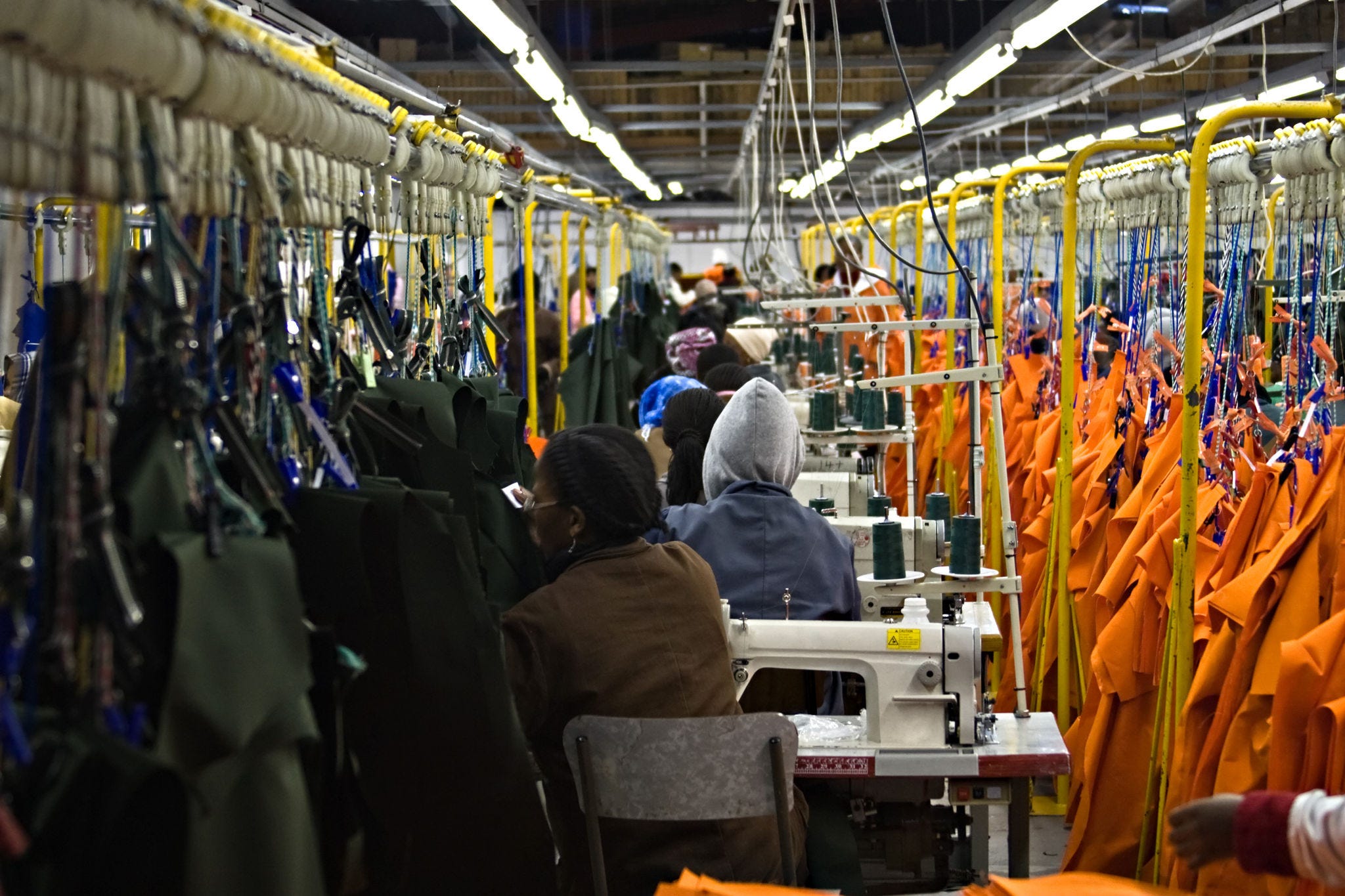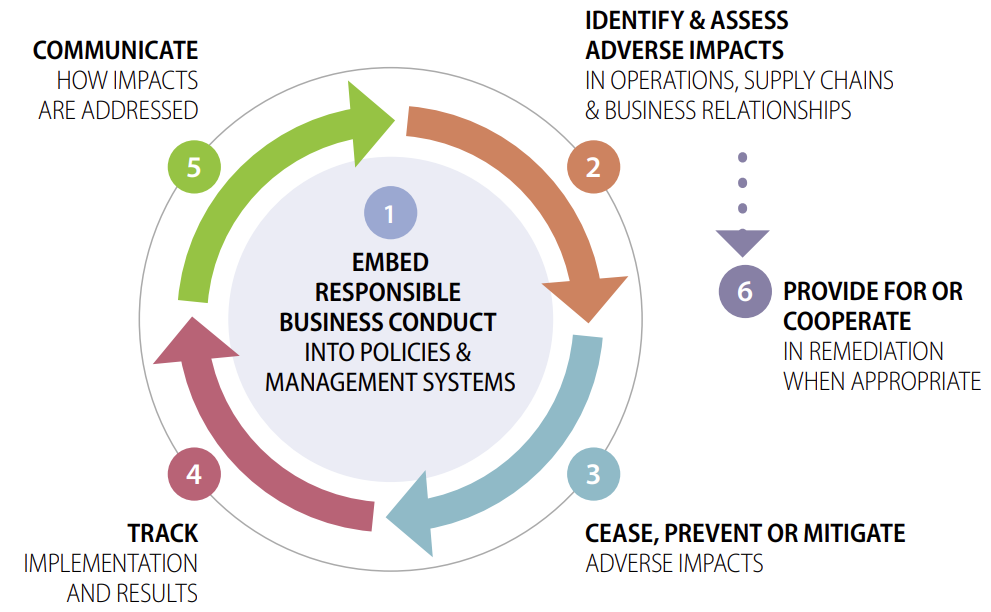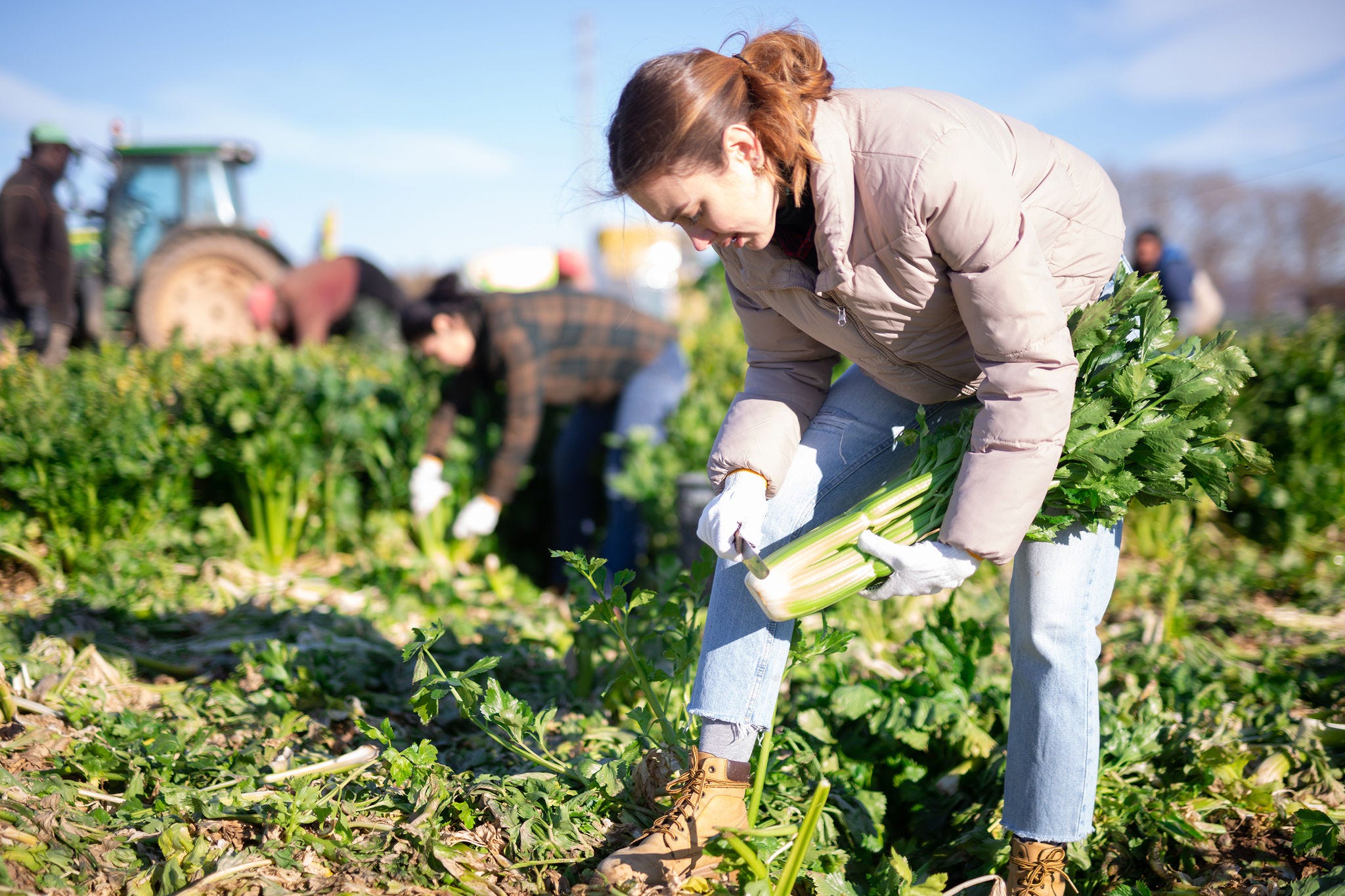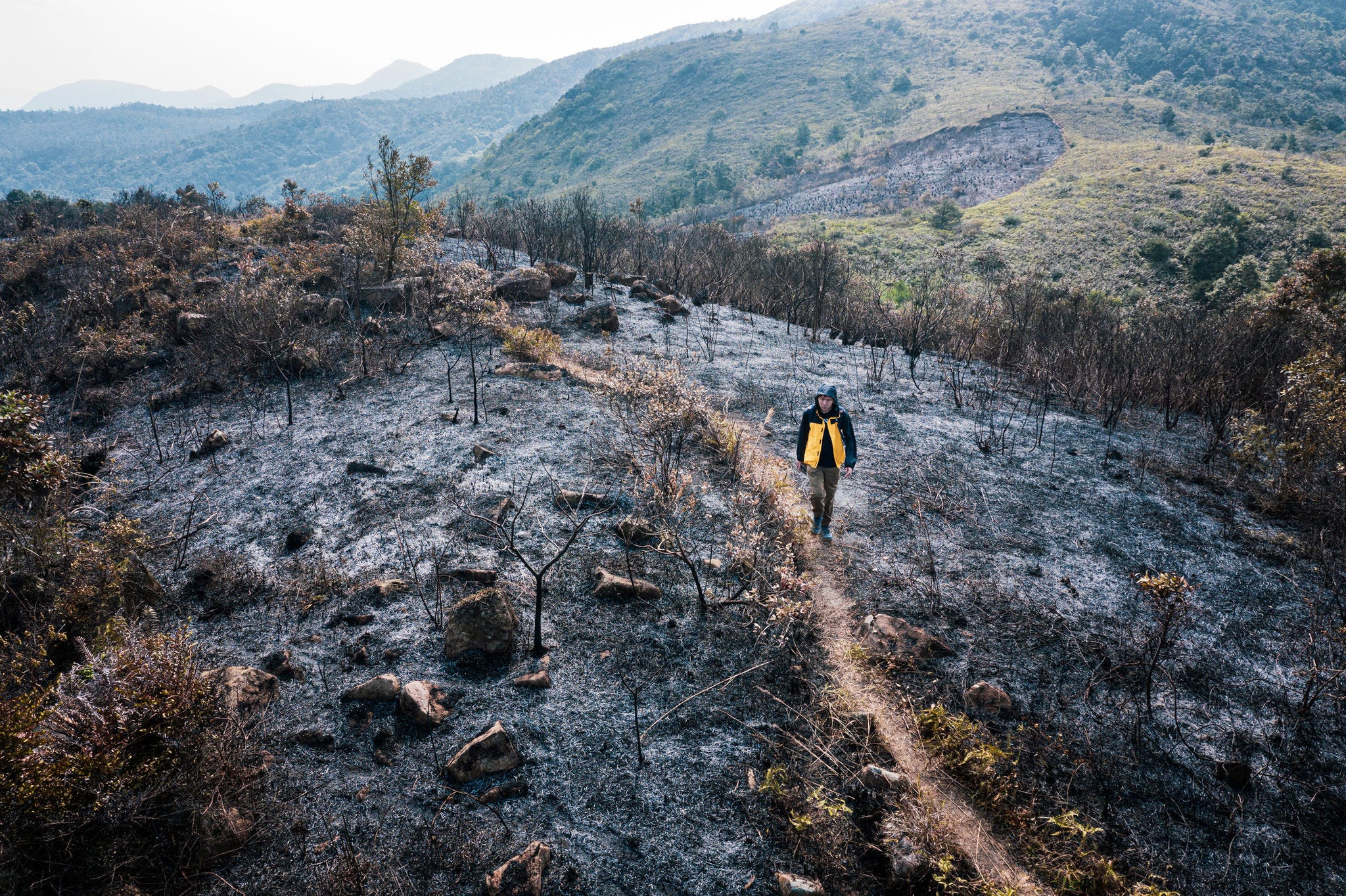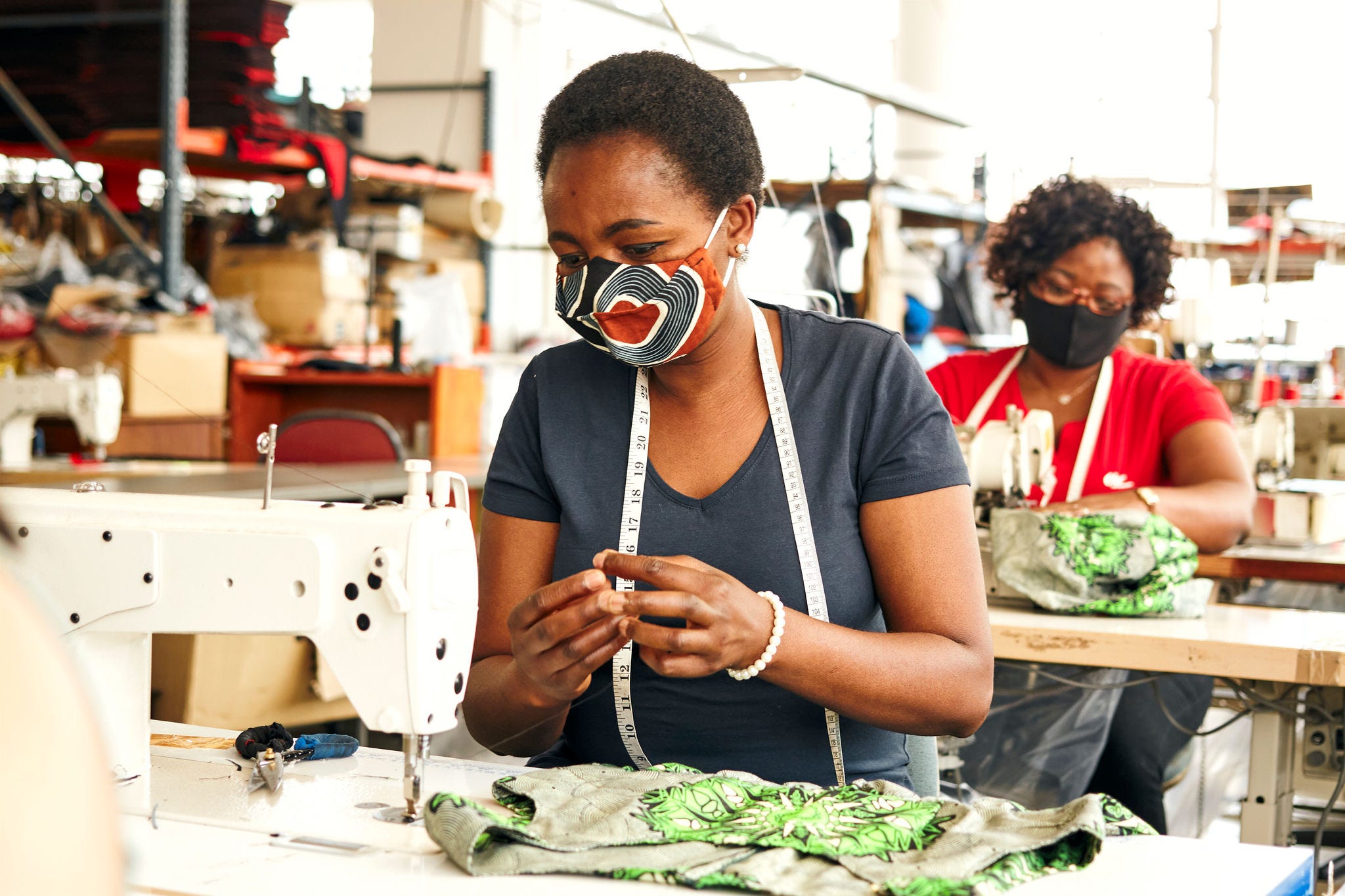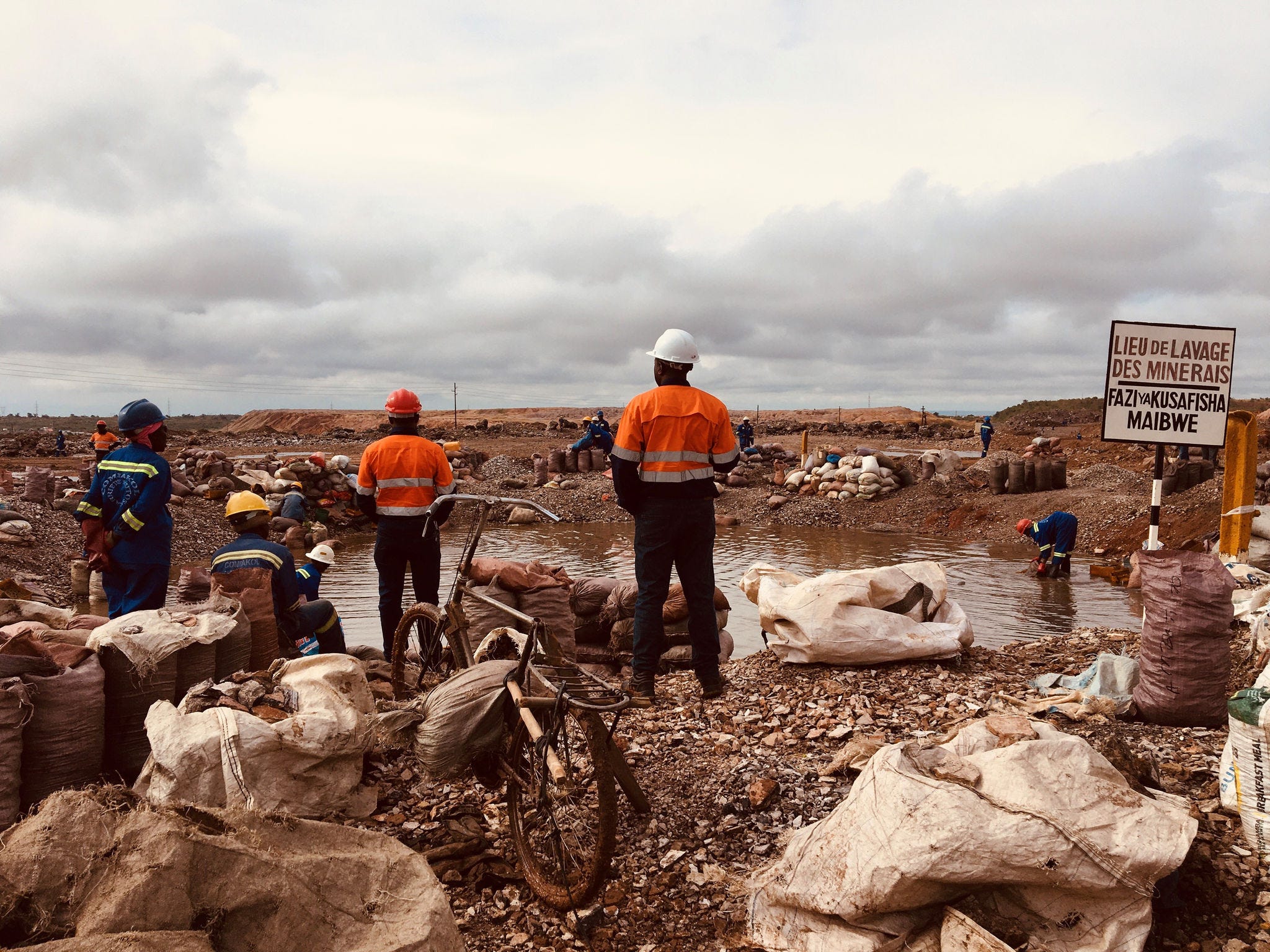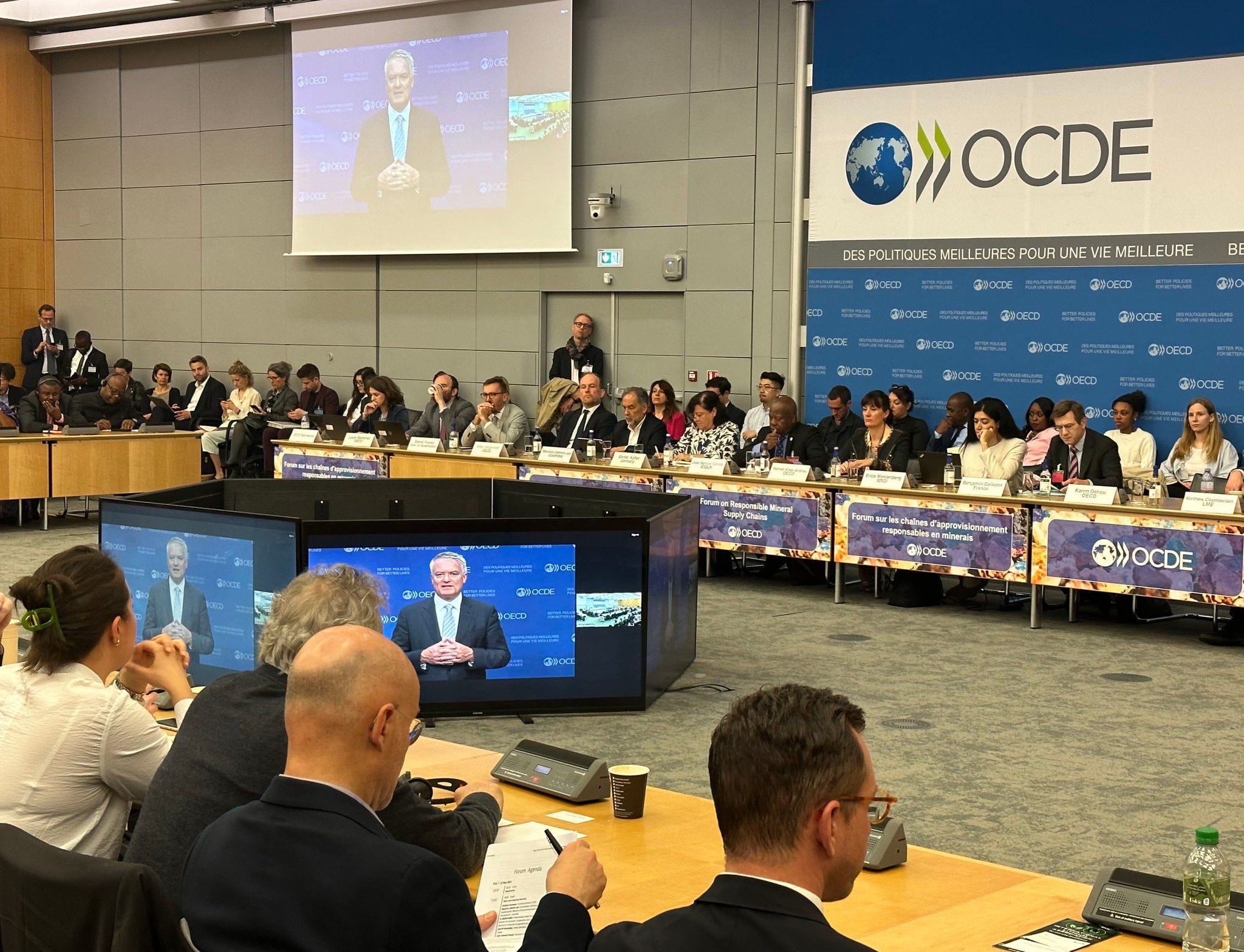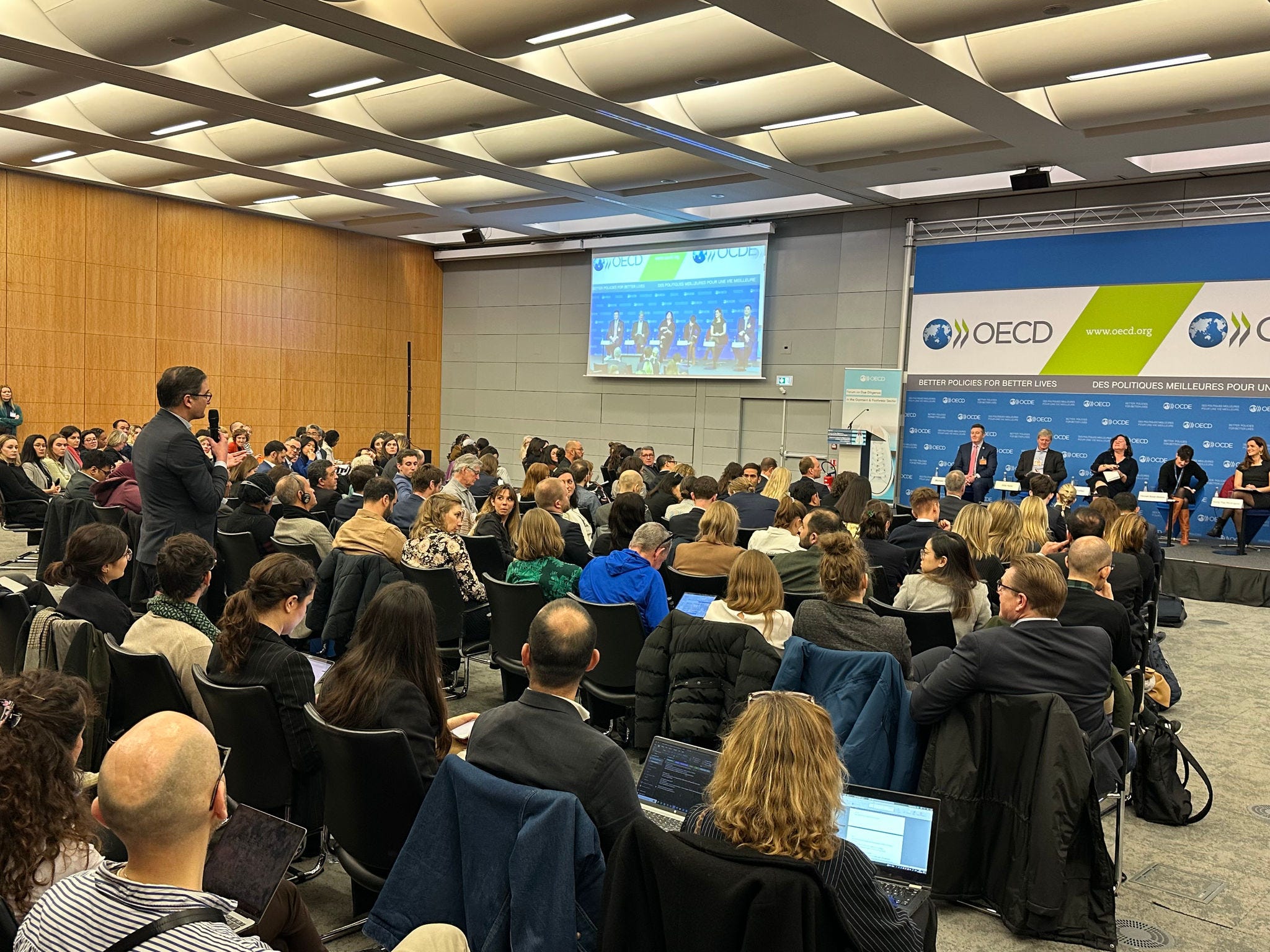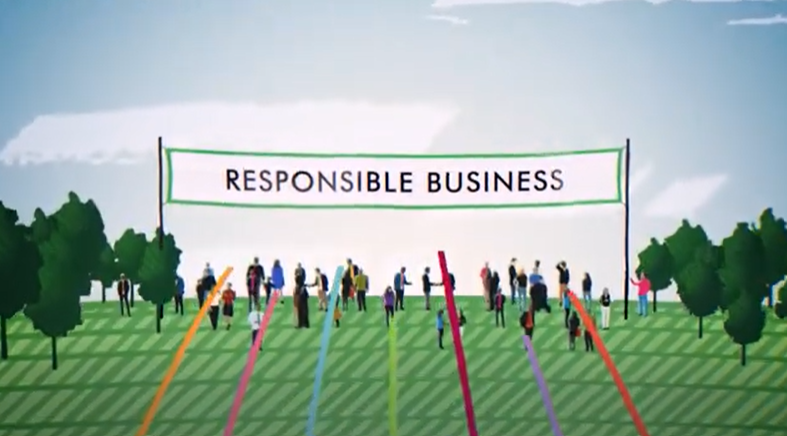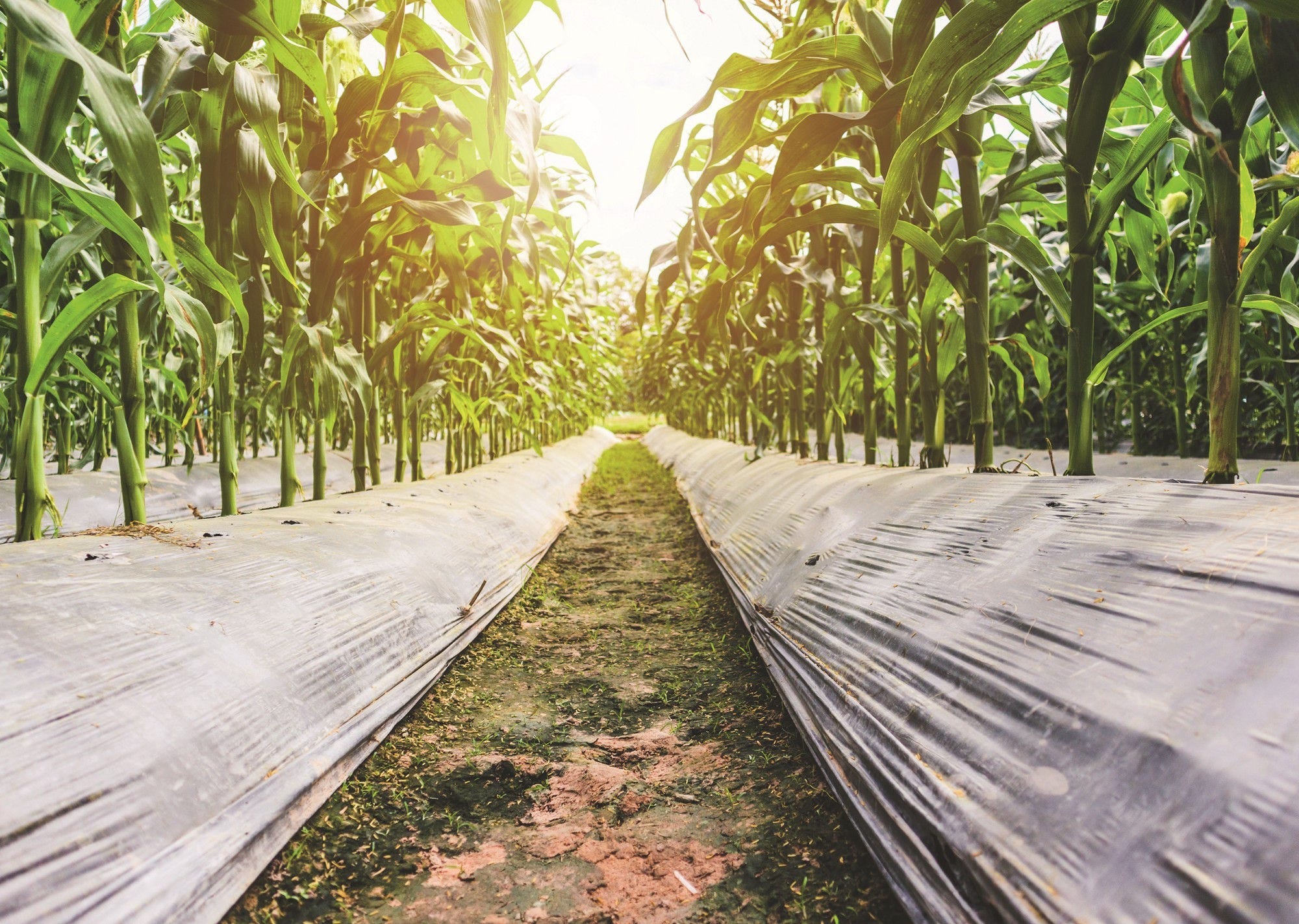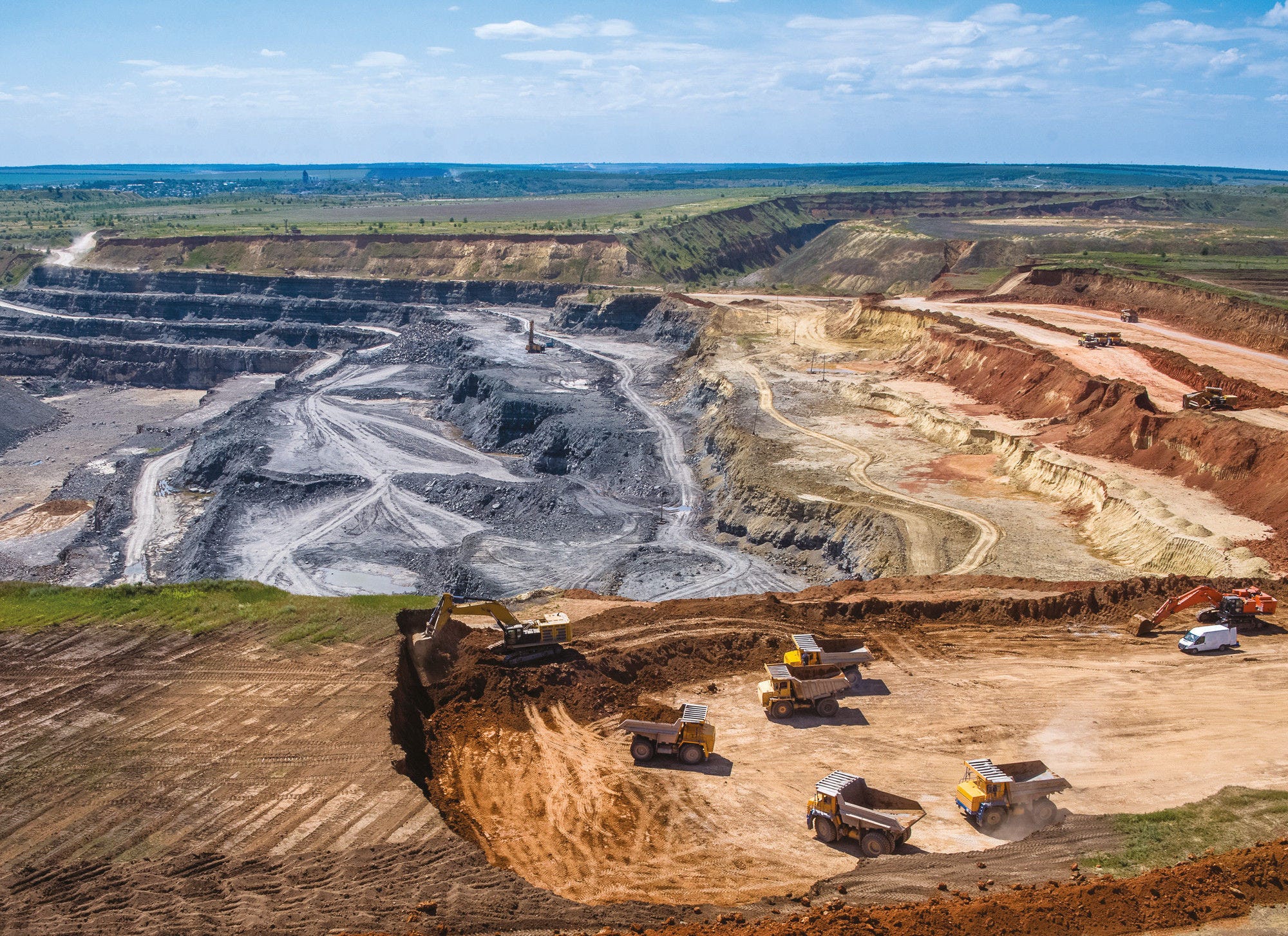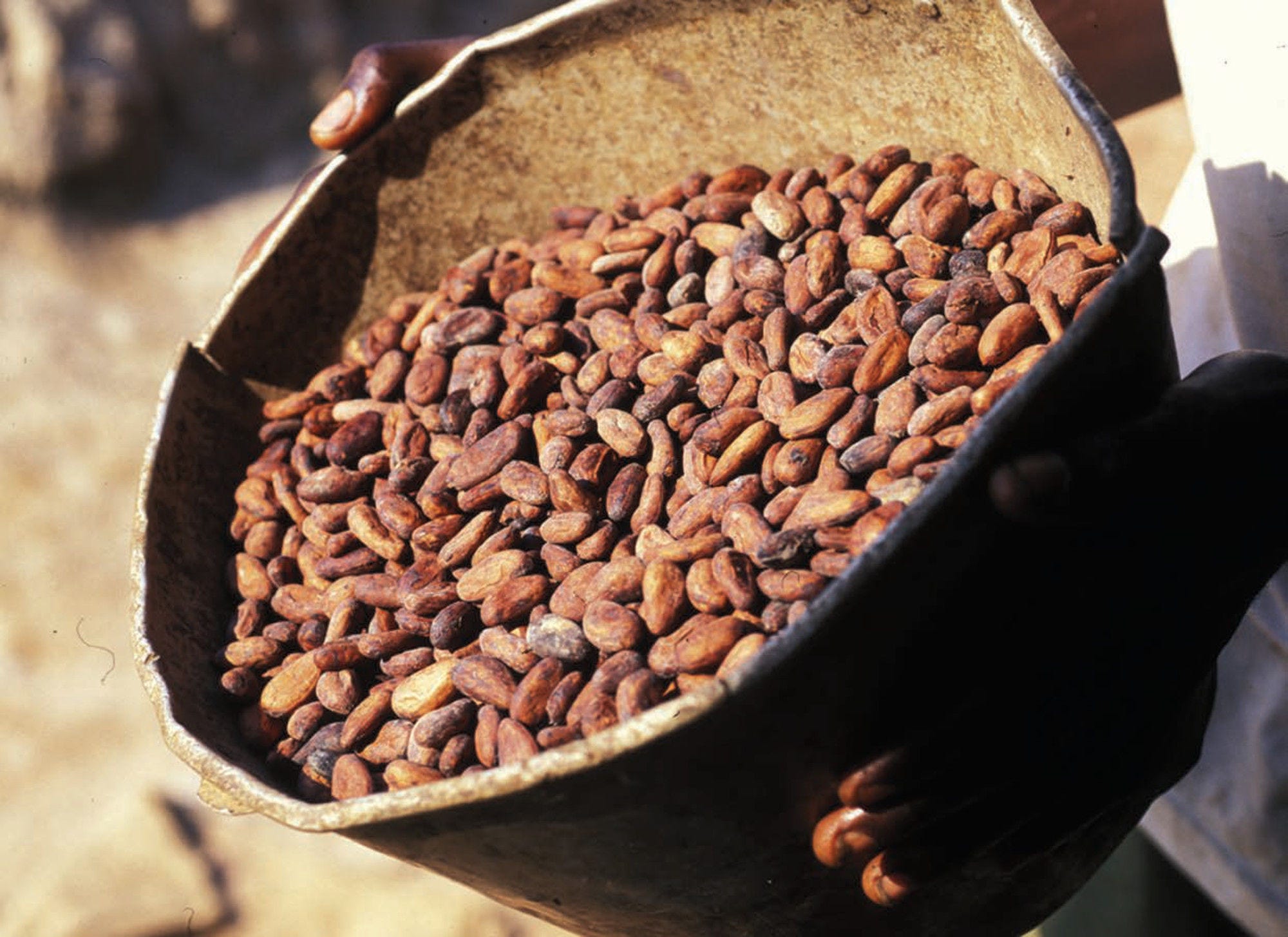Many of the most severe environmental and social issues associated with business activity occur within the supply or value chain of a company, rather than in its own operations. OECD research has shown that between 28-43% of estimated child labour for export goods is indirect, meaning it takes place through preceding tiers of the supply chain (such as through extraction of raw materials or agriculture). Carrying out due diligence can support companies to identify and address the most significant issues across their operations, supply chains, and business relationships related to labour rights, human rights, the environment, bribery, or consumer interests.
A company’s operating context as well as the type of impacts it may be associated with and where they occur in the supply chain will determine how it can identify and respond to them. The OECD has developed cross-sectoral guidance as well as guidance for specific sectors, including the garment & footwear, agriculture, financial, and minerals sectors. The OECD also regularly develops resources to support businesses in responding to key or emerging issues such as deforestation, climate impacts, forced or child labour and artificial intelligence.A company’s operating context as well as the type of impacts it may be associated with and where they occur in the supply chain will determine how it can identify and respond to them. The OECD has developed cross-sectoral guidance as well as guidance for specific sectors, including the garment & footwear, agriculture, financial, and minerals sectors. The OECD also regularly develops resources to support businesses in responding to key or emerging issues such as deforestation, climate impacts, forced or child labour and AI.
